Sweating global warming? Northwest Biocarbon Initiative might just cool you down
Why would 220 people come out on a rainy February night to Seattle’s Town Hall to discuss the well-known power of plants to absorb carbon?


This blog was originally posted Nov 20, 2012 by Chad Kruger here.

While the East Coast still struggled to recover from Superstorm Sandy, a Nov. 13th Climate Risk Roundtable convened in San Francisco to explore the challenges of keeping society’s vital systems running as the climate grows more turbulent.
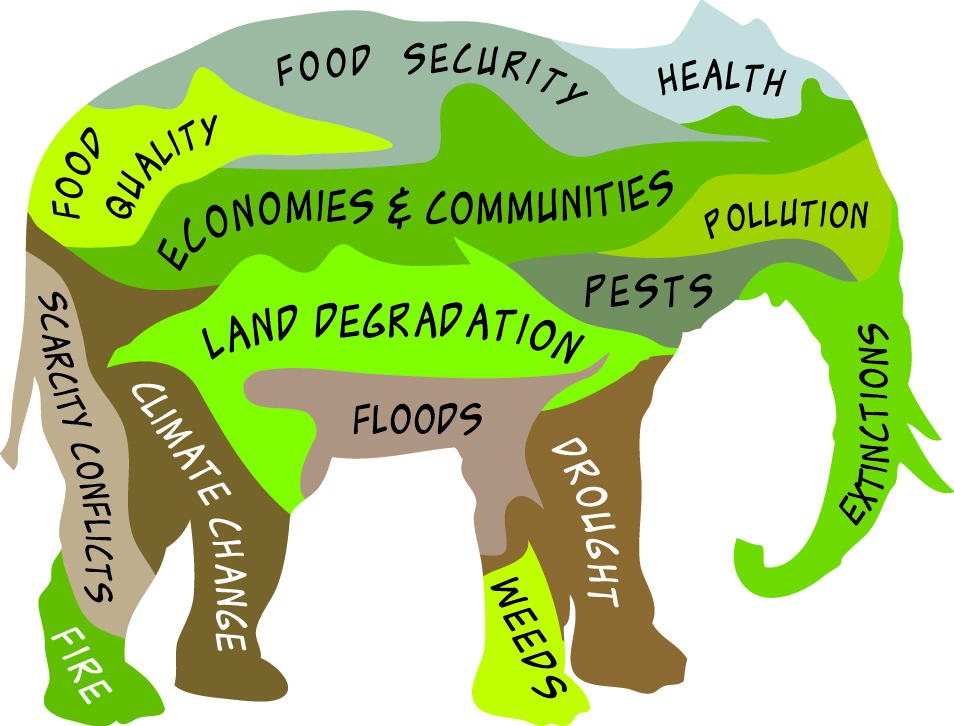
The Soil Carbon Challenge is a “competition to see how fast land managers can turn atmospheric carbon into soil organic matter. If you want to find out how fast a human can run 100 meters, do you build a computer model, do a literature search, or convene a panel of experts on human physiology to make a prediction? No, you run a race. Or a series of them.”

On a marine wildlife cruise in Alaska recently I got to touch a sea otter pelt–it was so luxuriously soft my knees almost buckled with pleasure. A new study found that these critters are not only super-cuddly, they also play an outsized role in sucking up carbon from the atmosphere and storing it safely away in the sea.
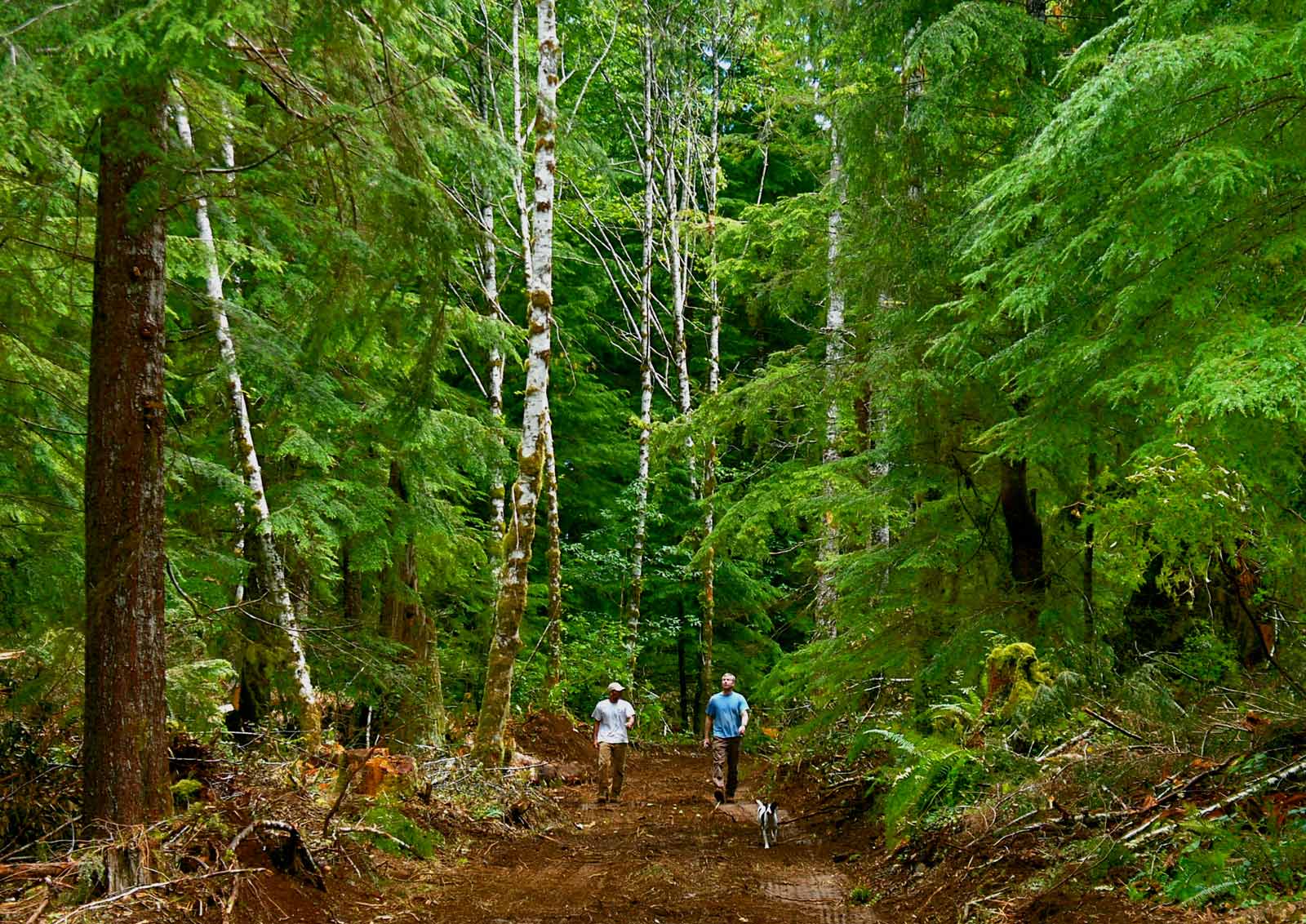
Lost in the current debate over how best to control greenhouse gas emissions from combustion of fossil fuels is the simple fact that it won’t be enough.
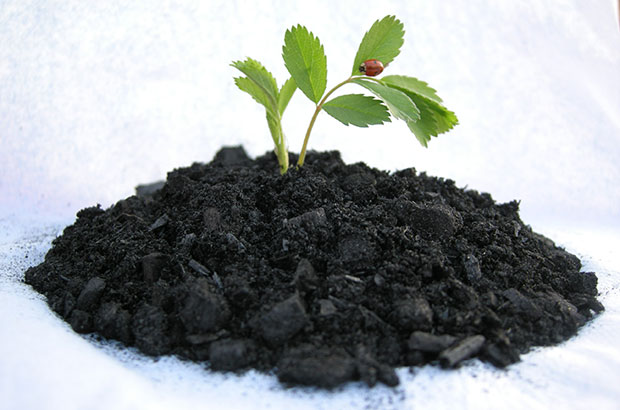
Biochar has had an interesting run over the past several years. As with so many other emerging climate solutions, biochar burst into public awareness a few years back with a wave of grassroots

What do yard trimmings, food waste, woody materials, biosolids, manure, municipal solid waste and other organic residues have to do with cooling our overheating climate?
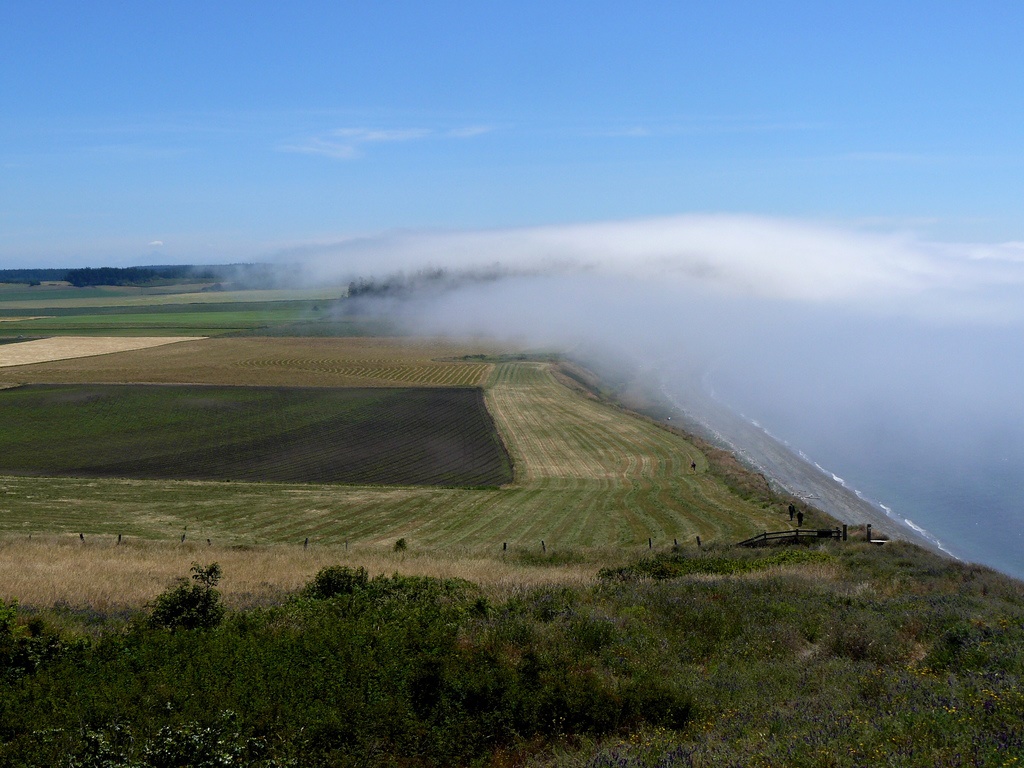
In a world of ever increasing stress on our food and energy supplies, it makes little sense to pave farmland under sprawl, but that’s what we’ve been doing.
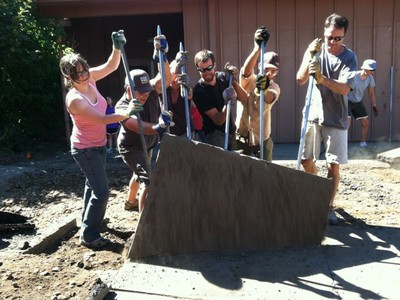
Our country, America the Beautiful, boasts somewhere between 105 million and 2 billion parking spaces, according to a New York Times blog that caught my eye the other day.

RBI. I’m a baseball fanatic -- especially in playoff season -- and I was hoping that our new program could have that acronym.
Join our email list to learn about what we do and how to get involved.
Why would 220 people come out on a rainy February night to Seattle’s Town Hall to discuss the well-known power of plants to absorb carbon?
Tidal wetlands provide great potential to sequester and store greenhouse gases. Restore Americas Estuaries and EarthCorps are investigating the carbon sequestration value of tidal wetlands.
Australia is launching one of the most ambitious ‘blue carbon’ mapping projects ever. ‘Blue carbon’ is the capture and storage of carbon pollution from the atmosphere in ocean plants and sediments on the seabed.
We know ‘green infrastructure’ can provide low-cost solutions for communities to better handle those big pulses of water gushing over roads and into pipes when the big rains come… and we know greening our cities is good for biocarbon and for the human spirit.
How much carbon is stored in natural systems of the continental western US? How much will be stored in future decades? A new US Geological Service survey provides some sobering answers.
Imagine a world where we invest billions of dollars in improving ecosystem resilience to help combat climate change, all because doing so sucks up vast amounts of carbon dioxide (CO2) and provides pure oxygen in return.
This blog was originally posted Nov 20, 2012 by Chad Kruger here.
While the East Coast still struggled to recover from Superstorm Sandy, a Nov. 13th Climate Risk Roundtable convened in San Francisco to explore the challenges of keeping society’s vital systems running as the climate grows more turbulent.
The Soil Carbon Challenge is a “competition to see how fast land managers can turn atmospheric carbon into soil organic matter. If you want to find out how fast a human can run 100 meters, do you build a computer model, do a literature search, or convene a panel of experts on human physiology to make a prediction? No, you run a race. Or a series of them.”